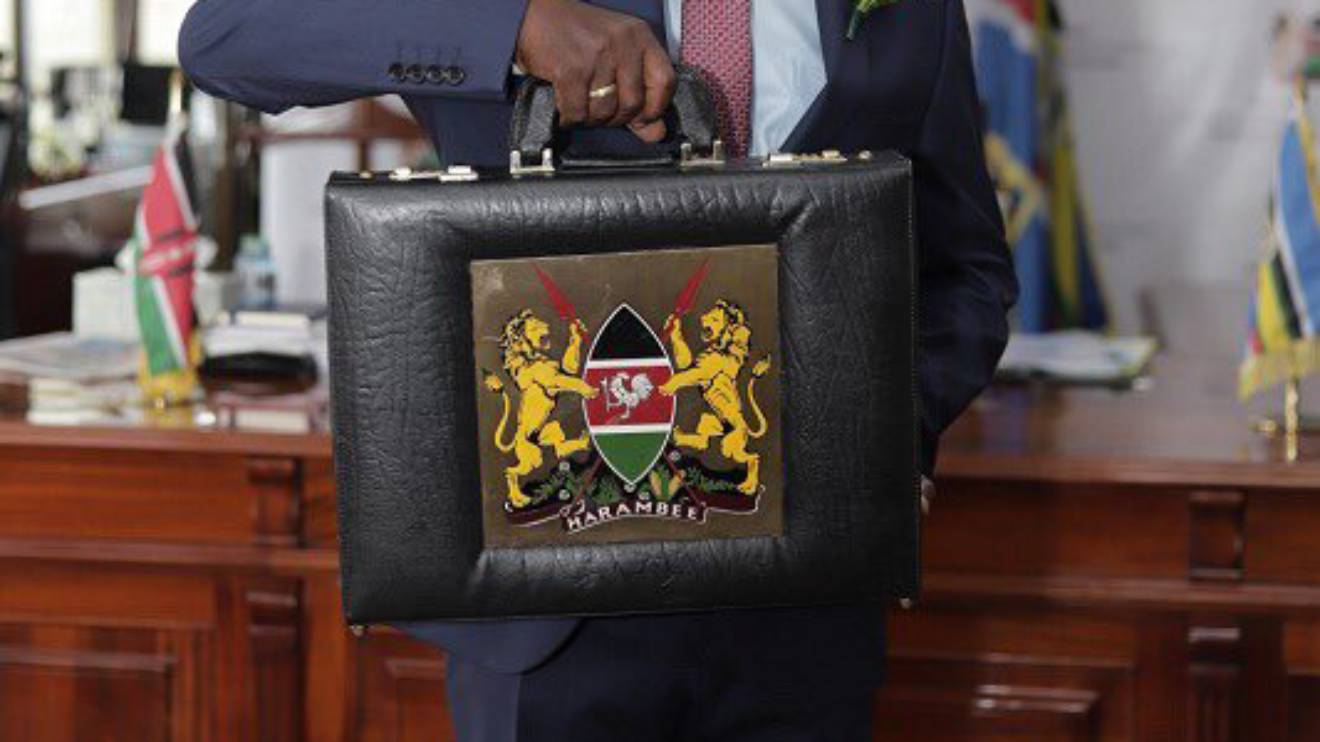Kenyans are bracing for tougher times ahead as the government unveils new taxes on various goods and services in the Finance Bill 2024.
Targeting an additional Sh323 billion for the 2024/25 budget, these proposals, if passed, will touch every corner of your wallet, from breakfast staples to your car and even your cup of tea.
These proposals, if passed by Parliament, will impact citizens across income levels and business sectors.
Here is how the proposed Finance Act 2024 is likely to dent your wallet:
Breakfast to Get More Expensive: A staple breakfast item, bread, will now attract a 16 per cent Value Added Tax (VAT), translating to a price increase of at least Sh10 for a standard 400-gram loaf.
Read More
This move reverses the previous zero-rating on bread, a benefit the Treasury now argues skewed advantage towards middle-class supermarket shoppers.
Low-income households who rely on bread as an affordable source of carbohydrates will likely feel the pinch the most.
Excise Duty on Betting and Money Transfers Up: Betting and gaming enthusiasts will see the excise duty on their wagers rise for the second consecutive year, reaching 20 per cent from the previous 12.5 per cent.
Additionally, cash transfers made through banks, mobile money platforms, and Saccos will also hike.
Sending and receiving money will be more expensive as the Bill proposes a 20 per cent excise duty up from 15 per cent on mobile money transfers (M-Pesa and others), airtime top-ups, and bank transfers, reversing the 2023 reduction.
Owning a Car Gets Pricier: The Bill introduces a new annual motor vehicle circulation tax. This 2.5 per cent annual tax on the value of your vehicle will range from Sh5,000 to a maximum of Sh100,000.
This translates to potentially hefty annual fees for owners of luxury vehicles, but will also squeeze the middle-class car owners, as well as those who offer transport services using different categories of vehicles.
Motorcycle Imports Face Double-Tiered Excise System: The government is proposing a two-tiered excise system for imported motorcycles. Buyers will either pay a flat fee of Sh12,952 or 10 per cent of the motorcycle's value, whichever is higher. This targets higher-priced motorcycles for a steeper tax increase.
"Sin Taxes" on Alcohol and Tobacco Go Up: The Finance Bill reinstates the practice of increasing excise duty on alcoholic drinks and cigarettes.
This comes after a one-year reprieve in 2023. The new method of calculation will base excise duty on the alcohol content of beverages, potentially leading to higher taxes on spirits and wines.
For cigarettes, both filtered and unfiltered varieties will see a slight increase in excise duty per stick.
This could lead to higher prices for cigarettes and alcohol, potentially impacting consumption patterns.
However, it may also lead to a rise in illicit trade for these goods if the price increases become too significant.
The Taxman Goes Digital: Businesses, beware! The Bill mandates integration with the electronic tax invoice management system (eTIMS).
Failure to comply will result in a hefty Sh1 million monthly penalty. This aims to improve tax collection and address tax evasion loopholes.
However, smaller businesses may struggle with the cost and technical expertise required for eTIMS integration.
Pension Reforms with a Silver Lining: The Bill proposes an increase in the tax-free pension contribution limit for employees, allowing them to save more for retirement.
The limit will rise to Sh360,000 annually (Sh30,000 monthly) from the current Sh240,000 (Sh20,000 monthly). Additionally, employees who have saved for at least 20 years will be able to access their pension payments tax-free, a benefit previously limited to those reaching retirement age.
This could encourage longer contribution periods and potentially improve retirement security.
Public Officers Not Spared: The Bill also reaches into the pockets of public officers. They will now be required to pay tax on reimbursements received for performing official duties.
Additionally, the tax exemption on per diems has been capped at an equivalent of 5 per cent of an employee's gross monthly income, down from the current Sh2,000 per day.
Digital Marketplace Gets Taxed: The Bill also targets the digital marketplace. Kenyans earning from platforms like taxi-hailing services and food delivery will start paying a digital service tax of 1.5 per cent.
This extends to foreign giants like Netflix and Amazon who sell digital goods and services in Kenya without a physical presence. These foreign companies will be subject to a new Economic Significant Presence Tax, calculated at 20 per cent of their gross turnover.
Unfettered Access for the KRA: In addition to these changes, the proposed tax amendments extend beyond consumer goods and services.
The Finance Bill seeks to empower the Kenya Revenue Authority (KRA) with greater authority to access sensitive personal data held by various entities, including banks, telecom operators, and government agencies.
This move aims to enhance tax enforcement efforts and curb evasion but it raises concerns among legal practitioners regarding privacy and data protection.
Public Scrutiny, Uncertain Impact: The Bill will be presented in a special National Assembly session and subjected to public participation.
However, concerns remain regarding the consideration of public submissions, echoing the limited impact of public participation last year. This lack of transparency could erode trust in the government's fiscal policies.
Impact on Businesses and Consumers: The proposed taxes will likely create a domino effect. Small businesses will face increased costs for financial transactions, potentially struggle with eTIMS integration, and may experience lower customer demand due to rising prices for goods and services.
The proposed changes have also sparked concerns among certain quarters. Critics argue that the tax adjustments could exacerbate the already strained cost of living, especially for low and middle-income households.
While the government aims to raise revenue through these measures, Kenyans can expect an increase in the cost of living for several essential goods and services.







